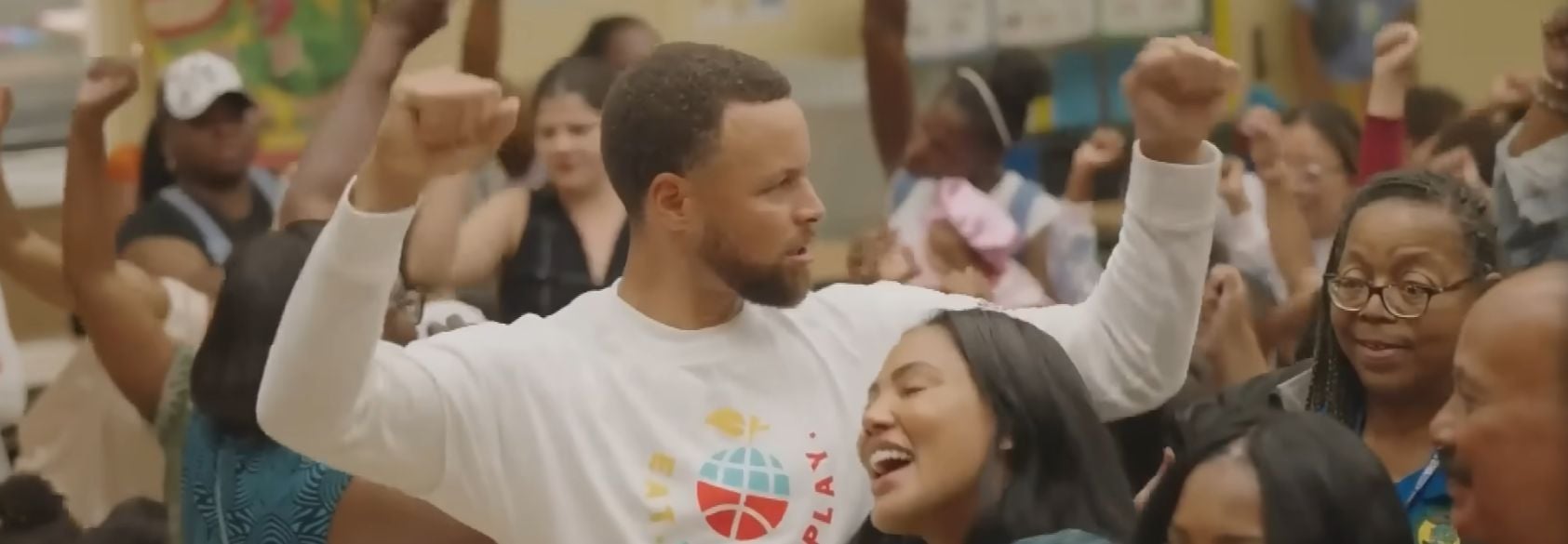As a former special education teacher, I believe in the impact these small acts had on my students. It’s the experiences students truly remember as well as the teachers who created them. As a special ed teacher, I started an annual end-of-the-year tea with my older students in grades 6-8. When time allowed, I taught a summarized history of tea—its Asian origins, impact of colonization, and afternoon tea etiquette. Students were allowed to invite one of their general education teachers and present them with a handwritten invitation. They planned the menu and chose the two teas to prepare and serve. The day of the event, I schlepped tea cups/saucers, teapots, tablecloths, tiered stands, mini quiches, tarts, scones and other treats to the school. Instead of their charter school uniforms, students were allowed to wear dress pants, blazers and colorful dresses. They were so excited; and honestly, I really looked forward to these teas as well. It was a creative outlet from the endless hours of IEP (individualized education program) writing, lengthy IEP meetings, “debates” with general education teachers on their responsibility to also implement students’ IEPs in their classrooms, individual student assessments and collecting academic performance data just to name some of the responsibilities of a special education teacher. Yet, I loved it. I was an advocate for ensuring my students had equal access to the general education curriculum with required accommodations/modifications, supports and services.
Today, the number of students requiring special education services continues to increase, yet the educators needed to develop their individualized plans and provide instruction are on the decline. On average, special education vacancies tend to be more difficult to fill than those of general education teachers. However, this is not a new situation. To address this concern in the early 2000s, for example, some districts partnered with universities and created alternative certification programs to increase the pool of special education teachers, fill vacancies, and ensure students received a free and appropriate public education (FAPE). Today, factors that solely or in combination contribute to the significant number of nationwide vacancies include:
Significant accountability: Special education teachers (SETs) also functioning as case managers require expertise not only in specially designed instruction but also in special education law and the respective state’s education code, specifically special education policies and procedures to ensure federal and state compliance.
The Individuals with Disabilities Education Act requires that SETs write IEPs for every student assigned to their caseload. This involves collaboration with general education teachers and/or specialized instructional support personnel—speech therapist, counselor/social worker, occupational therapist or school nurse, for example—as well as consulting with the English language learner instructor or coordinator for an ELL student with an IEP. This lengthy document includes information on a student’s present levels of performance (academic and functional), assessment data, goals and benchmarks stating what the student is expected to achieve, how this will be achieved, how much will be achieved per quarter/semester, and how this progress will be monitored. Not to mention applicable accommodations/modifications, use of assistive technology and determination of the least restrictive environment.
SETs often teach students in multiple content areas, e.g., math, reading, science, history.
SETs are responsible for redesigning general education assessments to meet the needs of students with IEPs.
SETs are evaluated using the same teacher evaluation as general education teachers, which often lack any components specific to special education teachers in the areas of critique.
SETs are not considered “real” teachers by colleagues and sometimes demeaningly referred to as student tutors.
Despite having significant responsibilities and high levels of state and federal accountability, SETs receive the same salary as their general education colleagues.
SETs are in constant communication with parents regarding IEP implementation, student performance, behavior, and progress monitoring data.
Recommendations
Provide new special education teachers with a mentor, preferably a veteran special education teacher in the same school or within the district. While general education teachers may provide guidance with regard to school culture and parent communication, for example, they do not have knowledge regarding the layers of special education compliance.
Alternative certification programs allow college-educated career changers to earn a master’s degree in special education ensuring a highly qualified and licensed teacher will be providing instruction and lessening the chances of FAPE violations.
Increase the salaries of special education teachers especially those in hard-to-place schools.
Provide continuous professional learning in areas such as:
- Writing legally defensible IEPs;
- Addressing behavior problems;
- Developing skills for communicating with parents;
- Instructional strategies and intervention; and
- Assistive technology.
Ultimately, what is the key to retaining individuals in your organization, your school, district and charter school network? Show them they are valued.












